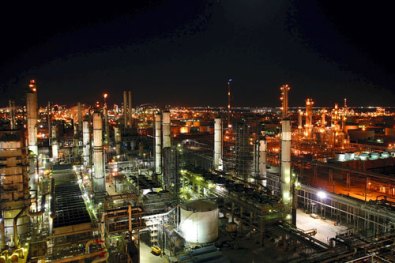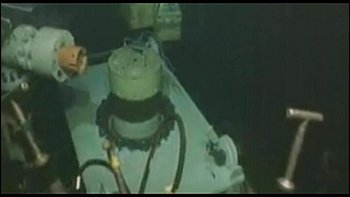 In Texas, any company that emits more than 10 pounds of benzene (a cancer-causing emission) in a 24 hour period must report the discrepancy to the Texas Commission of Environmental Quality. BP reported this weekend that their Texas City refinery produced 400 pounds of benzene a day for 40 days in April and May. A total of 500,000 pounds of emissions (including 36,000 pounds of nitrogen) were released during this time period. The company cited repairs to a compressor as the cause of the flare in emissions.
In Texas, any company that emits more than 10 pounds of benzene (a cancer-causing emission) in a 24 hour period must report the discrepancy to the Texas Commission of Environmental Quality. BP reported this weekend that their Texas City refinery produced 400 pounds of benzene a day for 40 days in April and May. A total of 500,000 pounds of emissions (including 36,000 pounds of nitrogen) were released during this time period. The company cited repairs to a compressor as the cause of the flare in emissions.
The Texas City refinery is the same one that exploded in March 2005, killing 15 workers and injuring over 170 others. The government fined BP $87 million after the explosion for massive safety violations in 2009, which BP is currently challenging. Other safety incidents at the refinery include:
On 28-July-2005, a hydrogen gas heat exchanger pipe on the Resid Hydrotreater Unit ruptured, causing a release of hydrogen that erupted into a large fireball. One person received minor injuries. The Chemical Safety Board found that a contractor had accidentally switched a carbon steel pipe elbow with a low alloy steel elbow during maintenance, causing a failure mode known as “High Temperature Hydrogen Attack” (HTHA). The CSB found that BP had not informed the maintenance contractor that the elbows were different, the maintenance contractor had not used any procedure (such as tagging) to ensure that the elbows were re-installed into their original locations.
On August 10, 2005, there was an incident in a Gas-Oil Hydrotreater that resulted in a community order to shelter. This incident occurred when a hole developed in the bottom of a valve that handles high pressure gas and oil.
On January 14, 2008, William Joseph Gracia, 56, a veteran BP operations supervisor, died following head injuries sustained as workers prepared to place in service a water filtration vessel at the refinery’s ultracracker unit.
The refinery is the third-largest in the country and has an input capacity of 437,000 barrels per day.



